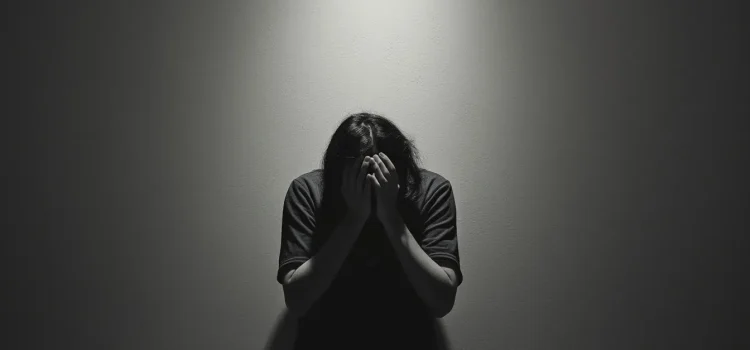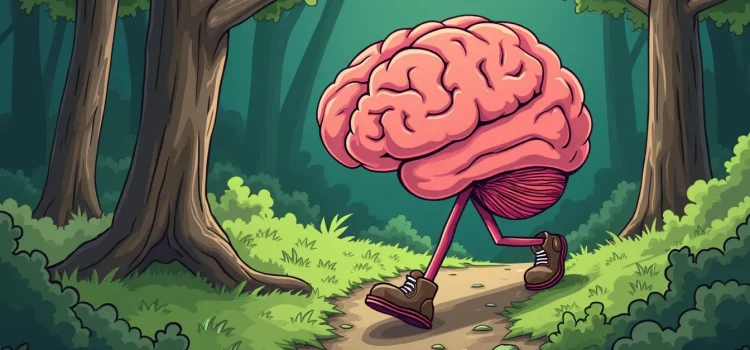What is toxic shame? How is it different from healthy shame? How do childhood experiences shape our relationship with shame? John Bradshaw’s exploration of shame reveals the complex nature of this emotion, distinguishing between its healthy and destructive forms. His insights help us recognize how early experiences with caregivers influence our ability to process shame throughout life. Keep reading to understand shame in general and toxic shame in particular.
What Is Toxic Shame? John Bradshaw on What Sets It Apart










